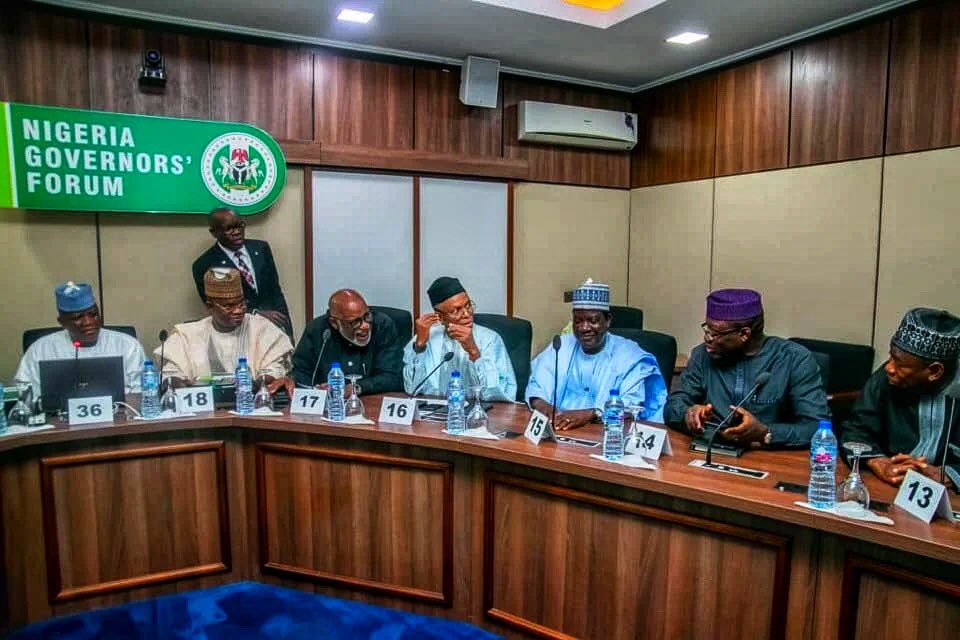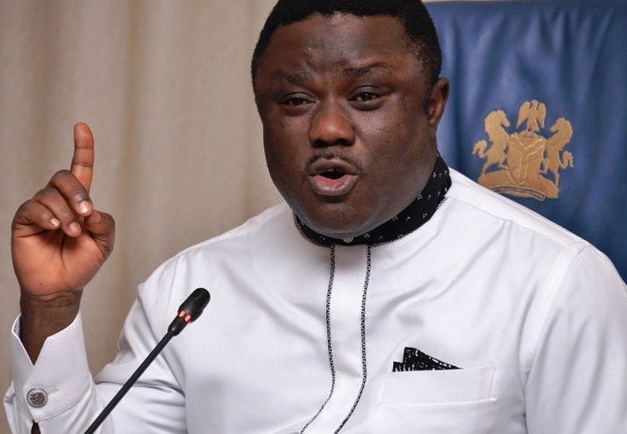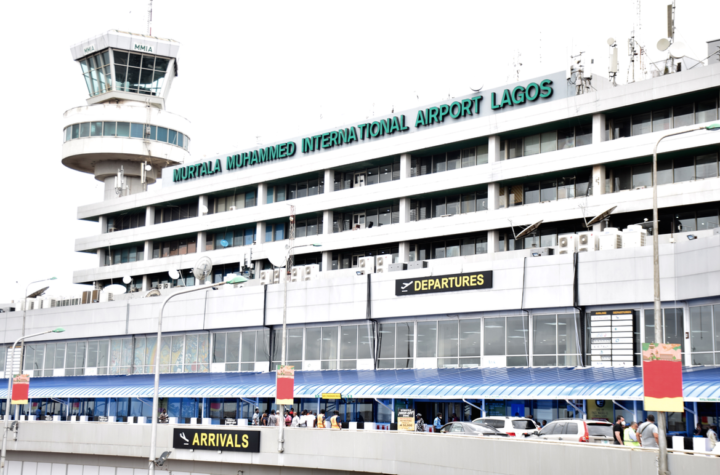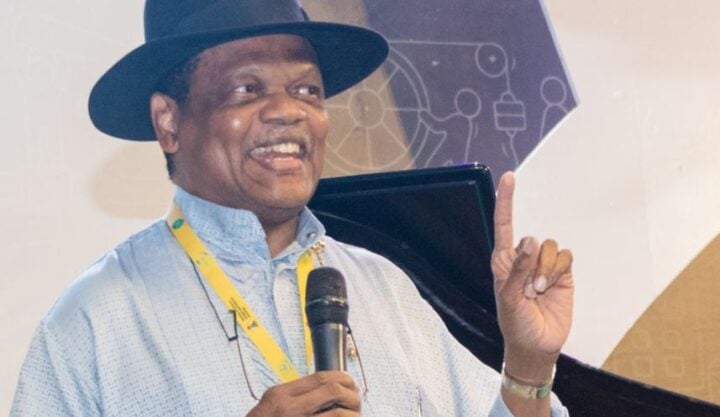The Nigeria Governors’ Forum (NGF) has recommended the full deregulation of premium motor spirit (PMS), better known as petrol.
The governors gave the recommendation at its 30th teleconference meeting which held on Wednesday.
In a communique released after the meeting, Kayode Fayemi, chairman of NGF, said the forum received presentation from Nasir el-Rufai, governor of Kaduna, on the pricing of petrol.
It is reported that El-Rufai’s presentation was based on the position of a six-man committee headed by him.
Advertisement
The committee was established earlier in the year by the National Economic Council (NEC) headed by Vice-President Yemi Osinbajo to look into the dwindling revenues of states.
Other members of the committee include Godwin Obaseki, Kayode Fayemi, and David Umahi, governors of Edo, Ekiti and Ebonyi states respectively; as well as Godwin Emefiele, governor of the Central Bank of Nigeria (CBN); and Mele Kyari, group managing director of the Nigerian National Petroleum Corporation (NNPC).
In his presentation, el-Rufai “noted that between N70 billion and N210 billion is estimated to be spent every month to keep the PMS price at N162/litre”.
Advertisement
The governor said the situation is “completely unsustainable”, thereby backing the deregulation of petrol.
El-Rufai reportedly said the increase in the price of petrol to N385 per litre would help reduce smuggling of petrol to neighbouring countries.
He said if petrol sells at N385 per litre, the federation accounts allocations committee (FAAC) would gain between N1.3 trillion and N2.3 trillion per annum.
The position of the governor is said to have been commended by some governors while others faulted the move saying it will impose more hardship on Nigerians.
Advertisement
In March, Kyari had revealed that the NNPC can no longer bear the burden of underpriced sales of petrol, adding that the market price need to be implemented.
But a day after making the remark, the corporation said it will maintain the current ex-depot price of petrol, until the end of negotiations with organised labour.
Add a comment






